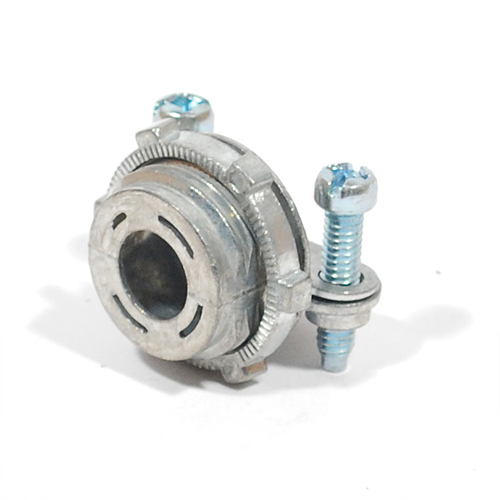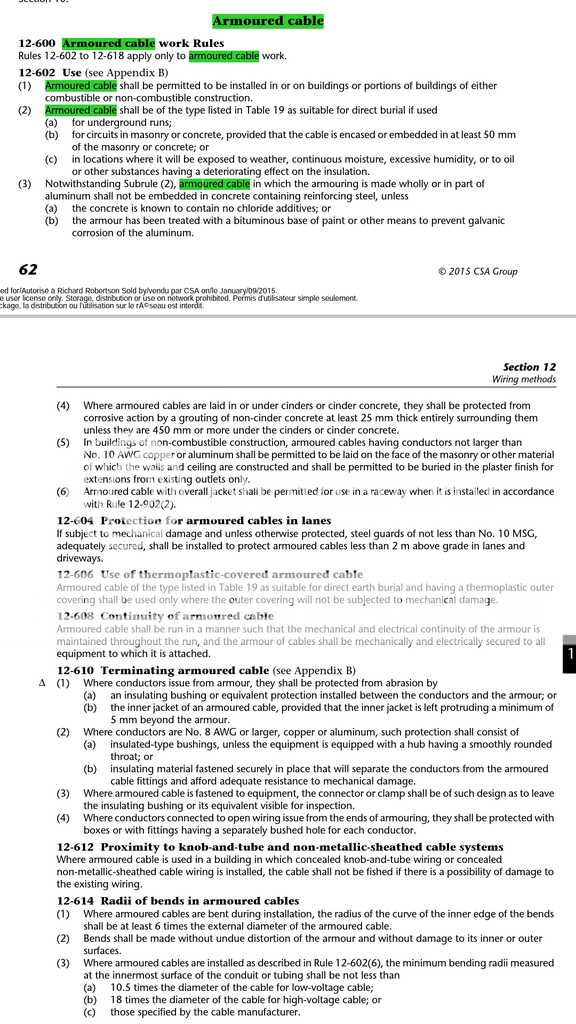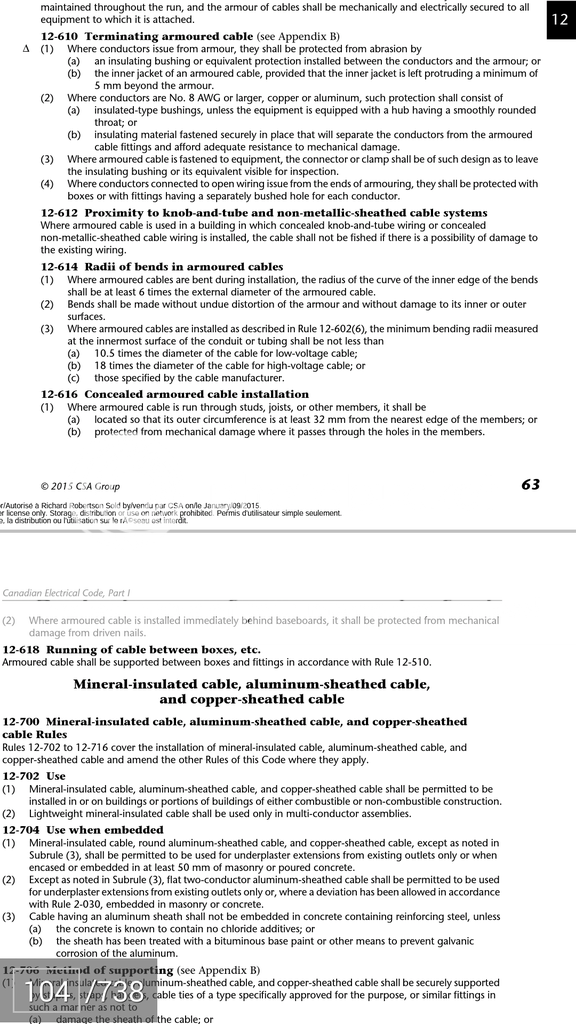- Aug 10, 2002
- 5,854
- 154
- 106
Going to do some more rewiring soon and have a question about the appropriate use of armored cable vs non-metallic sheathed cable (aka romex). Looking at my electrician's previous work, remembering our conversations, was able to deduce the following.
-Exposed wiring: Needed to rewire a pull string light fixture in a closet. Location under a stairwell made impossible to fish the cable through walls & ceiling. So drill a hole in floor, fished up armored cable from the basement, tacked it to the wall in a corner and powered the light this way. My guess is that since the cable is exposed in a habitable portion of the house, it needs to be in either a conduit or armored.
-Wiring in dangerous location: Wired a barn and he said raw romex was not permissible due to combustibility of hay etc... Used combination of conduit and armored cable.
Im going to be rewiring a garage which kinda confuses me. It could be classified as dangerous due to presence of gasoline etc... It could be classified as habitable but then again, my entire basement is done in romex. So perhaps armored cable is the way to go as the most cautious route. I know I need to check my codes but so far i cant find anything about garages or whether garages are classified as habitable. (This is in NH if anybody knows...)
On a side note, what to you guys use to connect armored cable to a junction box? For instance with romex, use NM cable connectors you screw into the hole, then tighten a locknut to secure and then tighten 2 screws to clamp down on the incoming wire. What is the equivalent for armored?
-Exposed wiring: Needed to rewire a pull string light fixture in a closet. Location under a stairwell made impossible to fish the cable through walls & ceiling. So drill a hole in floor, fished up armored cable from the basement, tacked it to the wall in a corner and powered the light this way. My guess is that since the cable is exposed in a habitable portion of the house, it needs to be in either a conduit or armored.
-Wiring in dangerous location: Wired a barn and he said raw romex was not permissible due to combustibility of hay etc... Used combination of conduit and armored cable.
Im going to be rewiring a garage which kinda confuses me. It could be classified as dangerous due to presence of gasoline etc... It could be classified as habitable but then again, my entire basement is done in romex. So perhaps armored cable is the way to go as the most cautious route. I know I need to check my codes but so far i cant find anything about garages or whether garages are classified as habitable. (This is in NH if anybody knows...)
On a side note, what to you guys use to connect armored cable to a junction box? For instance with romex, use NM cable connectors you screw into the hole, then tighten a locknut to secure and then tighten 2 screws to clamp down on the incoming wire. What is the equivalent for armored?






